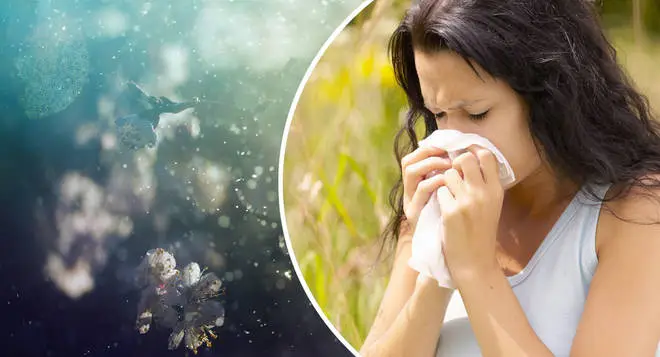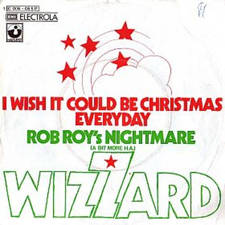What's today's pollen count in the UK and what are the levels in London?
2 July 2019, 10:16

UK pollen count in July 2019: what is the pollen count today?
With the weather finally calming down and giving us that much-needed sunshine, unfortunately those with hay fever will continue to suffer.
Most areas in the country - especially the south - have been predicted to experience either ‘high’ or ‘very high’ counts over the next few days which could be very harmful to some.
Dr Andy Whittamore, Clinical Lead for Asthma UK and a practising GP, warbed: “This swampy humid air could spell misery for people with asthma and even trigger a potentially life-threatening asthma attack.
"Humidity can trap pollutants and allergens like pollen, mould, dust and smoke in the air, which then cause asthma symptoms such as coughing, wheezing and a tight chest.
“If you have asthma and are already noticing more asthma symptoms such as coughing, a tight chest or breathlessness, make sure you keep your blue reliever inhaler with you at all times.”
What is the pollen count today?
The Met Office have forecast VERY HIGH pollen count for the following regions in the UK:
- London
- South East England
- South West England
- East England
- West Midlands
- East Midlands
- Yorkshire
- Humber
- Wales
The Met Office have forecast HIGH pollen count for the following regions in the UK:
- North East England
The Met Office have forecast MEDIUM pollen count for the following regions in the UK:
- Northern Ireland
- Dumfries
- Galloway
- Lothian and borders
- Central
- Tayside
- Strathclyde
- Fife
- Highland and Eileen Siar
- Grampian
The Met Office have forecast LOW pollen count for the following regions in the UK:
- Orkney
- Shetland
The skyrocketing pollen count is bad news for hay fever sufferers - but there are steps you can take to alleviate symptoms.
“You may have seen reports on rising pollen counts this weekend," a Boots pharmacist told the Daily Express. "If you’re a hay fever sufferer, don’t panic. When there’s more pollen in the air, your symptoms may worsen, but there are lots of steps you can take to alleviate these.
“Prevention is key, which means avoiding coming into contact with pollen in the first place."
You can also use eyedrops and nasal sprays to alleviate symptoms - ask your pharmacist for more information.























